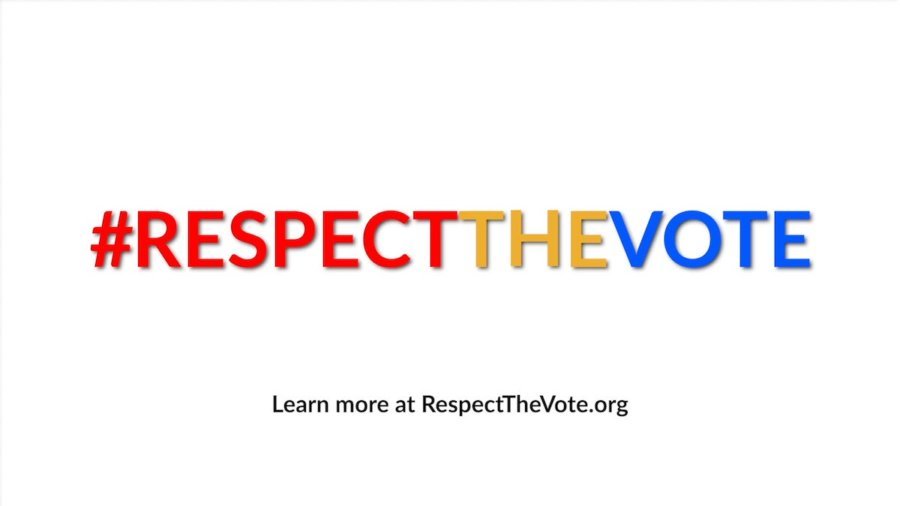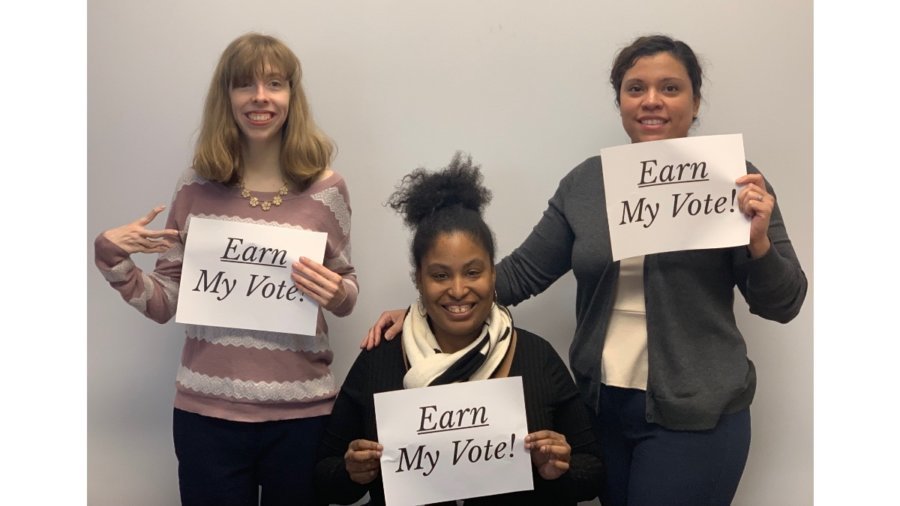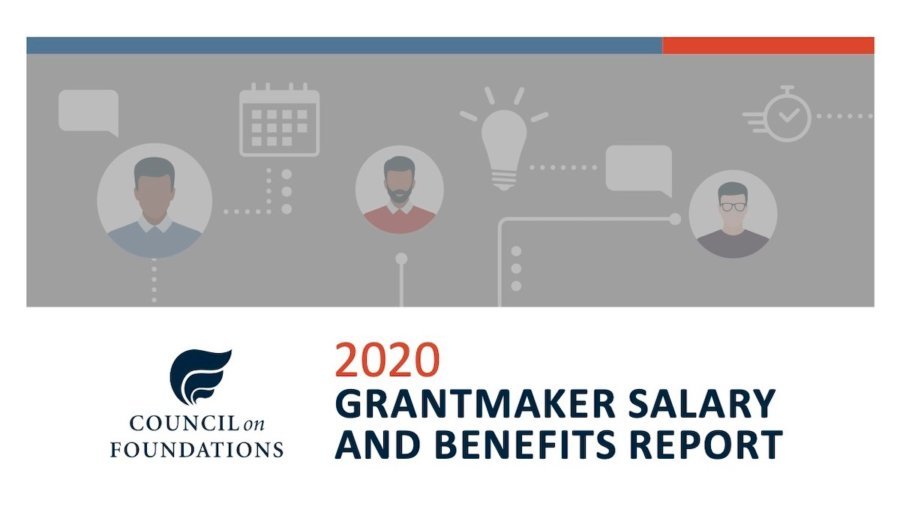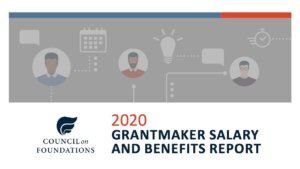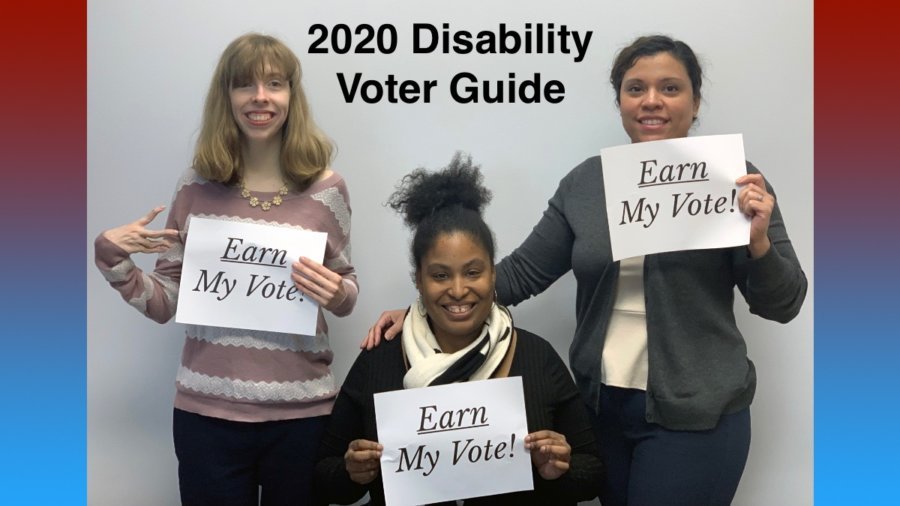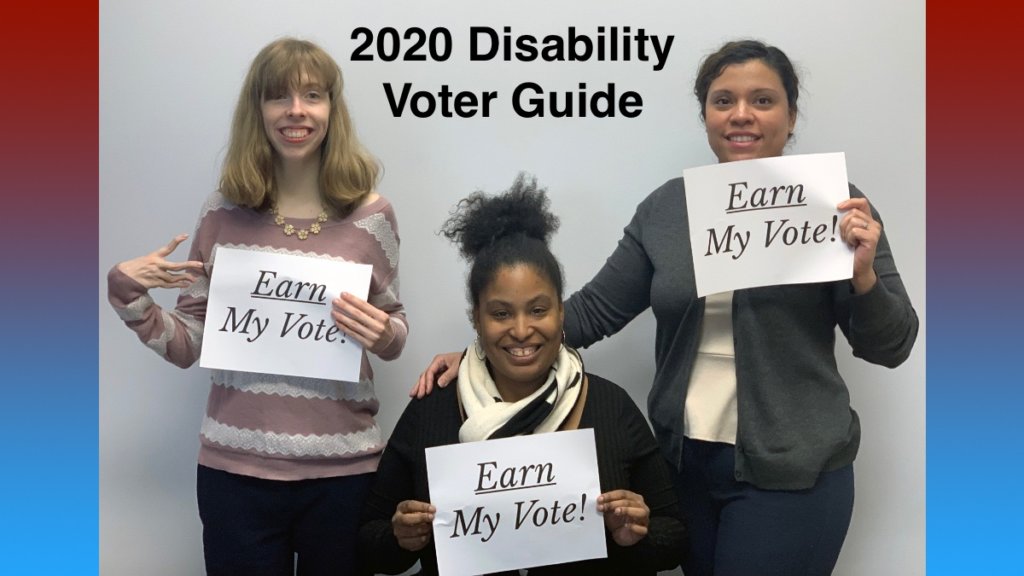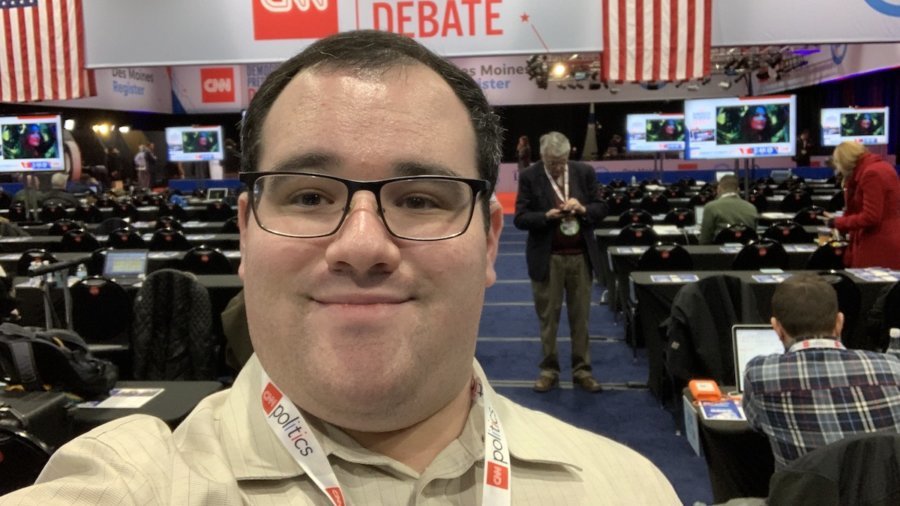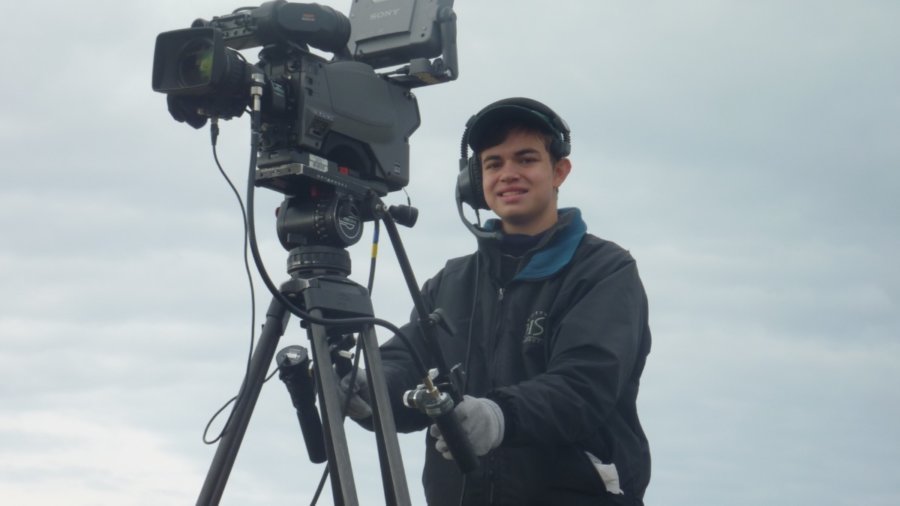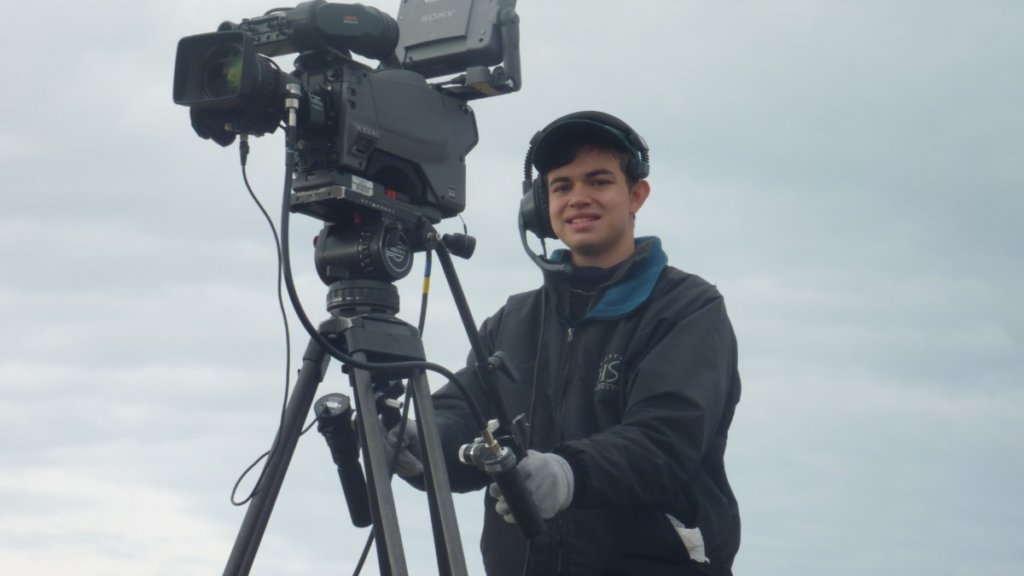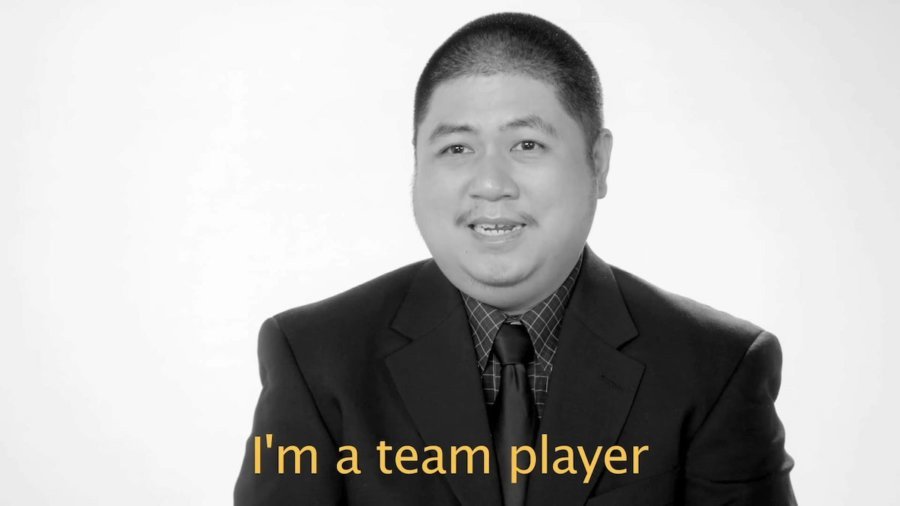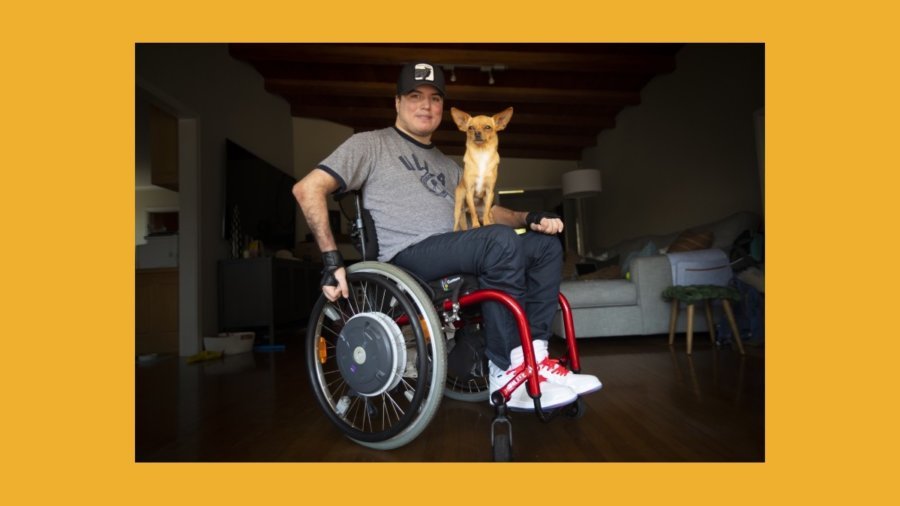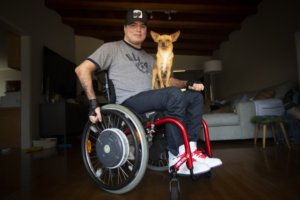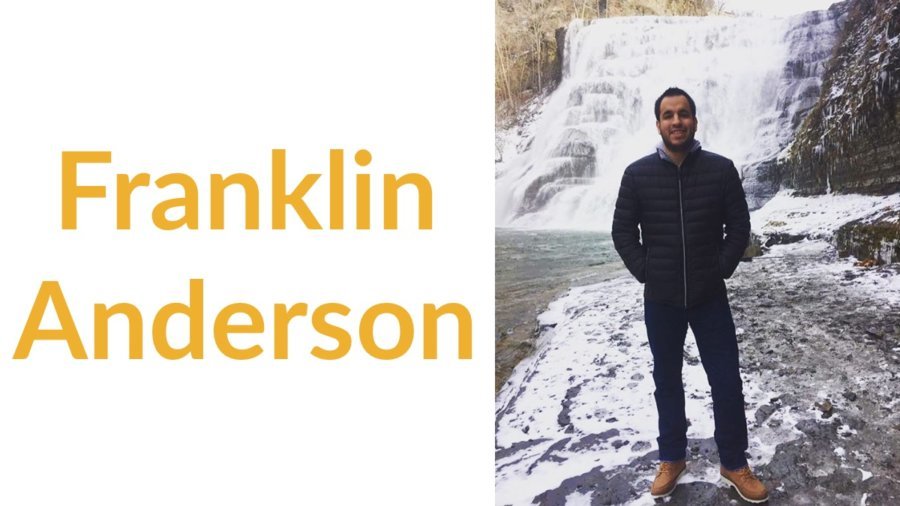Los Angeles, California, Oct. 15 – As a new California law again leaves out people with disabilities, a new PSA featuring Californians with disabilities shows the value of inclusion.
On September 30, California Gov. Gavin Newsom signed into law a first-in-the-country mandate that will require boards of publicly traded companies headquartered in California to have at least one director of diverse background by 2021. The bill identifies race, ethnicity, and 11 other categories of diversity, but does not include disability.
“While we in the disability community applaud every facet of diversity, we believe that disability is a critical ‘underrepresented community’ missed by the law,” said Matan Koch, the California Director of the disability nonprofit RespectAbility. “Moreover, we are concerned that companies will potentially opt for tokenism instead of building truly inclusive organizations that value all aspects of intersectional identity equally. Successful diversity and inclusion work is not a ‘one and done’ hire or appointment. It requires a hard look at the sins of the past, while committing to the culture and systems change that create a better future for all of us. Indeed, communities, companies and nonprofit organizations are at their best when they welcome, respect and include people of all backgrounds. This includes people of all races, ethnicities, sexual orientations and identities as well as people with disabilities, who might also have any of these other identities as well.” [continue reading…]


